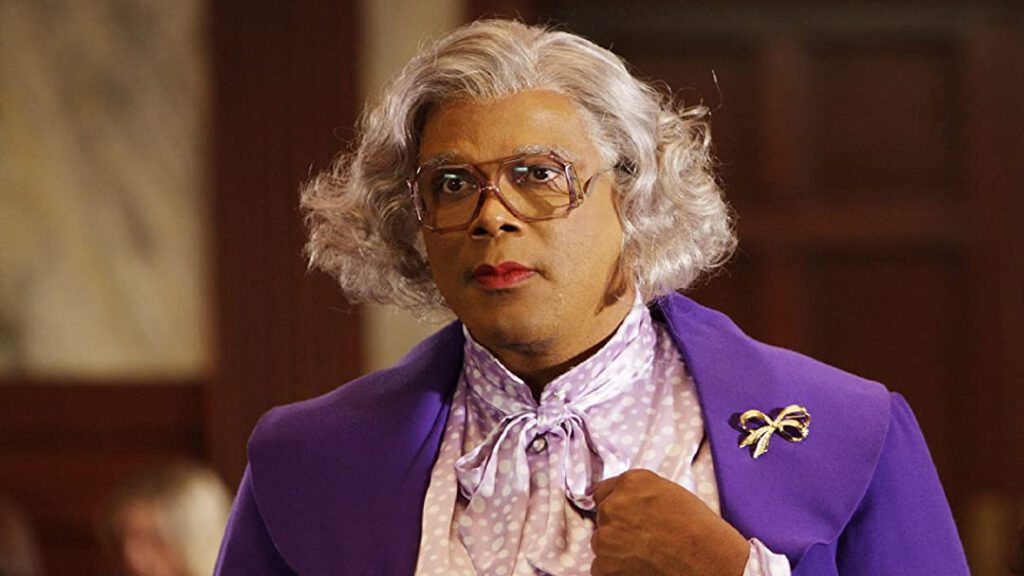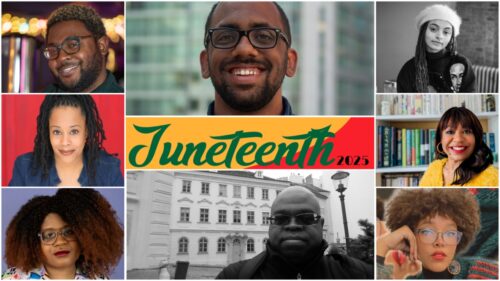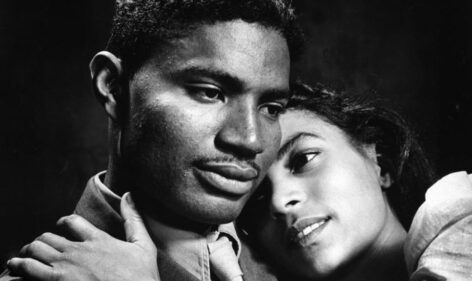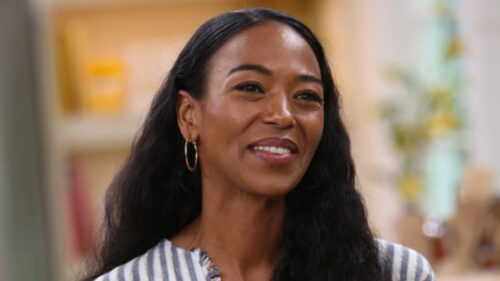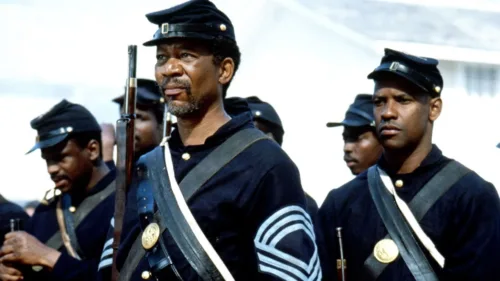Tyler Perry is no stranger to criticism. Filmmaker and culture provocateur Spike Lee famously held a grievance toward Perry, saying that he reinforced racial stereotypes. Perry is also often accused of hating Black women, selling out Black women, and trafficking in tropes that mostly demean Black women. Most of these complaints center on his Madea character, which Perry bombastically plays in drag, a combination of his mother and favorite aunt–two women who had a huge impact on him. But all the criticism misses how much he has done in the continuing fight for representation.
Historically, Black men in drag have been problematic. In a world in which Black men are often emasculated, the practice of dressing in drag comes across as a self-induced wound. The practice wouldn’t be as detrimental if there were better representation of Black men in the movies and on TV. The fact that Perry has leaned so hard into the practice is seen at best as detrimental and at worst a betrayal.
However, if you look beyond the fact that Perry has earned a billion dollars mostly from laughs generated by putting on a dress and pretending to be an overly loud and playfully obnoxious matriarch figure, you’ll see that he has very slyly and cleverly positioned himself on the front lines of the fight for diversity in Hollywood, and has centered and highlighted stories of Black women throughout his career. As the creator and producer of a different MCU (the Madea Cinematic Universe), Perry has produced a shocking amount of content in a relatively short amount of time celebrating stories that Hollywood often ignores.
The mogul who built his own production complex, on a former Confederate military base in Atlanta, just to add even more brazen context to the situation, has directed 23 feature films and created multiple scripted series.
At the center of nearly every movie and TV show Perry cranks off of his assembly-line is a Black woman. Perry consistently hires Black women of all hues, ages, and sexual orientation. He invites cinematic legends, A-list movie stars, Oscar winners, R&B superstars, high-profile comedians, and up-and-coming social media influencers to his cinematic parties.
Hip hop mogul and sometime rapper Sean “Diddy” Combs famously once said, “Don’t worry if I write rhymes, I write checks.” That pretty much sums up Perry who is constantly providing Black women not only with opportunities to shine on screen and on TV but a livelihood. Perry writes checks and lots of scripts. The script writing has also been a point of contention as Perry is often condemned for being a man who writes so many stories about the female experience. Perry always defends his tactic by stating how he was raised and heavily influenced by his mother and favorite aunt, allowing their voices to come through in his work.
Perry is a hands-on filmmaker who tightly controls his cinematic empire. He works fast, mostly with moderate budgets. Yes, his films usually turn a profit, but Perry has demonstrated limited range with his storytelling abilities. When he has ventured off his usual path the results have been mixed at best.
For Perry’s audience, seeing themselves out weighs the quality of his productions, and that’s reflected in his critical reception. Perry’s aesthetic isn’t crafted for white men who are mostly disconnected from the culture that Perry allows to shine on screen. Even the Black film critics that sharply attack usually do so from an intellectual perch that just doesn’t matter to his audience. It’s not about reviews and everything about the affirmation of seeing yourself represented.
Black women are underrepresented when it comes to being cast in movies and on TV shows. Despite the huge sums of money spent on this research, effectively nothing has changed. The status quo has remained the same since the creation of Hollywood.
Civil Rights organizations have pushed and gingerly fought for inclusion for decades with lackluster results. Even today’s tech savvy and social media dependent millennials tried, most famously with a hollow hashtag campaign (#OscarSoWhite) in 2015 that generated more notoriety for the creator of the hashtag than more roles for Black women. Even The Academy of Motion Picture Arts and Sciences led by then-president Cheryl Boone Isaacs pushed for more opportunities for Black women but their efforts mostly led to bloating its membership with new members. That’s good for selecting who potentially wins an Oscar. However, if roles aren’t written for Black women and if Black women aren’t cast, it doesn’t matter how diverse the Academy membership is at the end of the day.
Perry burst onto the scene in 2005 with “Diary of a Mad Black Woman,” a film that featured Kimberly Elise, Lisa Marcos, and Cicely Tyson. The movie was also an immediate “clap back” at the lack of representation in Hollywood stories that has long been a prevalent and ongoing issue. The formula used to produce “Diary of a Mad Black Woman” would become Perry’s template: Utilize his Madea character as the marketing conduit to lure audiences to the multiplex while letting the women characters, usually Black, carry the actual narrative across the finish line. Copy and paste–box office hit after box office hit.
This template was a slam dunk for every movie featuring the Madea character. In his movies not featuring Madea the formula of success was a bit more difficult but still successful. An example of this was “Why Did I Get Married?” and “Why Did I Get Married Too?” Neither film benefitted from an appearance from the Madea character but both were moderately profitable and featured a cavalcade of Black women, including iconic pop star Janet Jackson.
Perry reintroduced the world to the brilliance of legendary thespian Cicely Tyson, helped Angela Bassett get her groove back, provided refuge for Thandiwe Newton, pulled Keshia Knight Pulliam from the ashes of “The Cosby Show,” and gave Taraji P. Henson her first leading role. Perry also launched unknown Black actresses to Black household super stardom. R&B/Neo soul singer Jill Scott, gospel artist Tamela Mann and Tasha Scott all instantly became “Black famous.”
Black women have had a troubled and complicated relationship with Hollywood since day one. Perry burst on the scene with a non-traditional game plan that has benefited Black women primarily in front of the camera.
Representation is important in front and behind the camera. Nonetheless, we all know that it’s in front that matters most when shattering perceptions. The masses that watch movies and TV shows only know and care about what they see. Very few are interested in the behind-the-scenes mechanics.
The powers that have always controlled Hollywood made Black women irrelevant. Perry has done the opposite. Often cast as just domesticants, sex workers, and unfit mothers, Black women have not had the same opportunities because most stories aren’t written with their inclusion in mind. All of Perry’s movies, written mostly by him, are unapologetically female-centric and show Black women as professionals, lovers, and mothers.
Should representation warrant a “free-pass?” No, it would admittedly be nice to see Perry show growth or at the very least provide an opportunity for other filmmakers and storytellers to tell his stories. But history should acknowledge that, Perry continues to fight for representation. The legendary Black actresses he has elevated and launched speak for themselves. In their faces, audience members find joy and adulation. It feels good to be seen.
